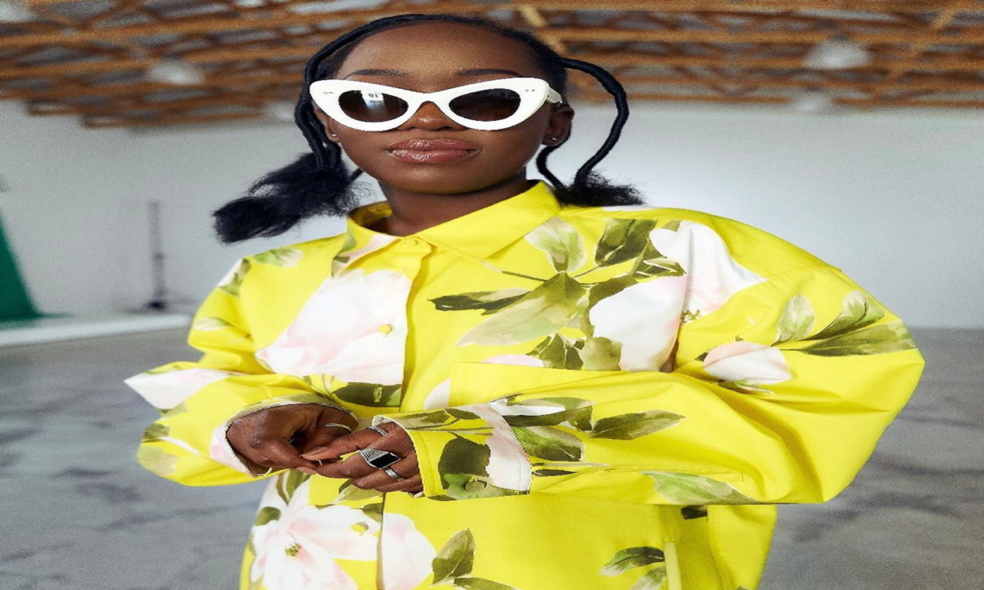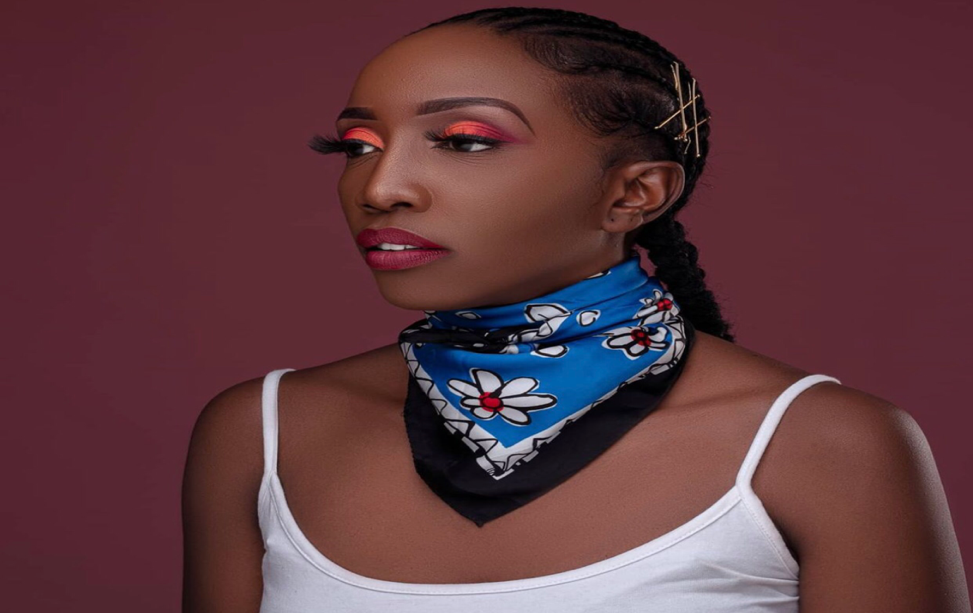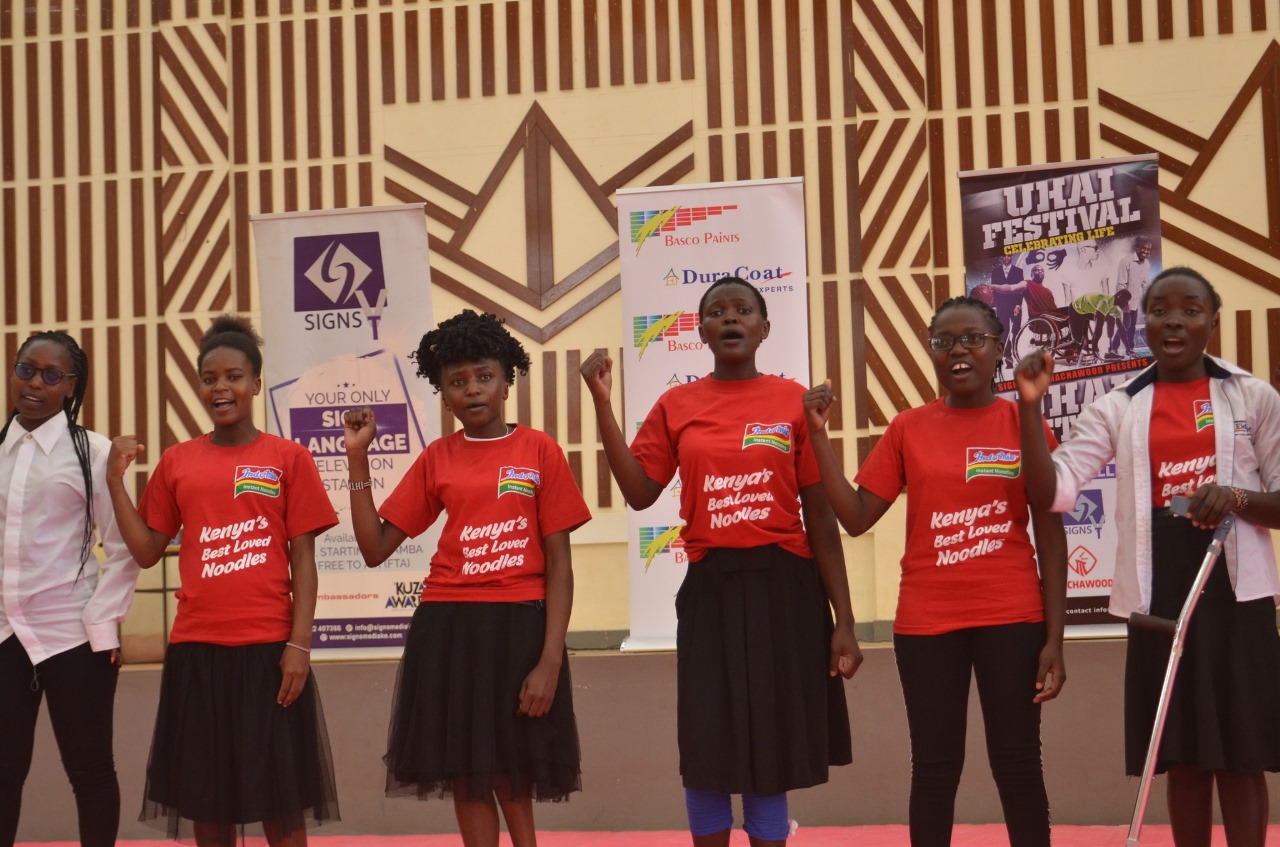Colorism
What is colorism?
Colorism is a global social and cultural construct that enables discrimination based on skin color, it also refers to differential treatment or favoritism which is common in ethnic and racial groups presumed on skin color.
THE POISONOUS ROSE
Is colorism a thing in Kenya? has to be the question of the century. Not because of the context, especially now, but because its answer is pretty obvious to the many who have experienced it. This question is the easiest and yet the hardest at the same time. Perhaps it is because it offers the privilege to some and oppression to others.
Skin color privilege is as real as it gets. It is deeply rooted in us as Kenyans that unfortunately, we are unable to discern it. It seems to have grown in us and has become a part of us. It has played a huge role in shaping how we perceive ourselves because dark skin shades are deemed unattractive and ugly. Beauty standards are normally set by lighter shades hence the esteem of many black girls is shattered. One’s body image can be completely shifted due to colorism.
In 2019, our very own Oscar-winning actress, Lupita Nyong’o divulged her experience with colorism in Kenya. Speaking on BBC News night, she stated that colorism is the daughter of racism. She added that her younger sister, who is lighter than her, was always called beautiful. She saw it fit to pen down her encounter in her book, Sulwe. This children’s literature book accounts for a young black girl battling with self-esteem issues and wishing she had lighter skin.
“ I once auditioned for something on TV, and I was told I was too dark to be on television,” the 12 Year A Slave actor, recalled. One can only image the irreparable damage it caused her.
In 2020, Elsa Majimbo, a comedienne,also shared her account on her encounter with colorism in Kenya. She has risen to greater heights, from People’s Choice Awards and Forbes 30 under 30. However, to her, home is not where its best. Ms Majimbo received what was far from support from her country people and as she spoke to Naomi Campbell, she revealed the ugly side of the Kenya’s colorism.

Far be from it that she was merely holding a pity party. Elsa was just shedding a light. She disclosed that many Kenyans made her feel like her chance of succeeding was very low based on how she looks.
It is also colorist for light skinned men to be associated with weakness. You must have heard the term, “Tall, dark and handsome” which has been used to describe the perfect man. If a man is too light, he is not man enough. This is colorist. It is wrong to attribute the value and beauty of a man on his skin color.
Media mogul Yvonne Okwara penned down her painful personal experience with colorism in 2020. She recalls how she has had to work twice as harder than light skinned girls, to get to where she is. She also revealed that favoritism based on skin color occurs many times in the media industry. As a dark skinned woman, she is required to use her brains because she does not have the “beauty.”
“You are too pretty for a dark skinned girl,” is a really pathetic backhanded compliment and colorist at that. The slang “rangi ya thao” ought to be disbanded.

The phrase which is thrown on many light skinned women, shows how much value in beauty standards, they are given.
Kenya has a long way to go to win the fight against colorism. We need to see each other as one, and stop this discrimination. No one is above the other, especially not on the basis of our skin color.Are we still in the early stages of denial? Are we still wondering if colorism is here, in our motherland? Or is it just dissimulation? We are our own enemies if we cannot see the issue and join hands to fight it.
It is rampant and it is eating through our very core. Our silence dictates compliance. We mustn’t sit and watch as colorism grows deeper and deeper everyday. Both skin complexions are beautiful. Now that we know better, we should do better.
BY CHRISTINE OMONDI
Tags: Colorism Lupita Nyog'O Elsy Majimbo
Related
Share this article
Experienced and versatile writer, dedicated to using my exceptional writing and editing skills to inform and advocate. My work focuses on educating and entertaining readers on a range of topics, with a particular expertise in matters of disability.
View articles


